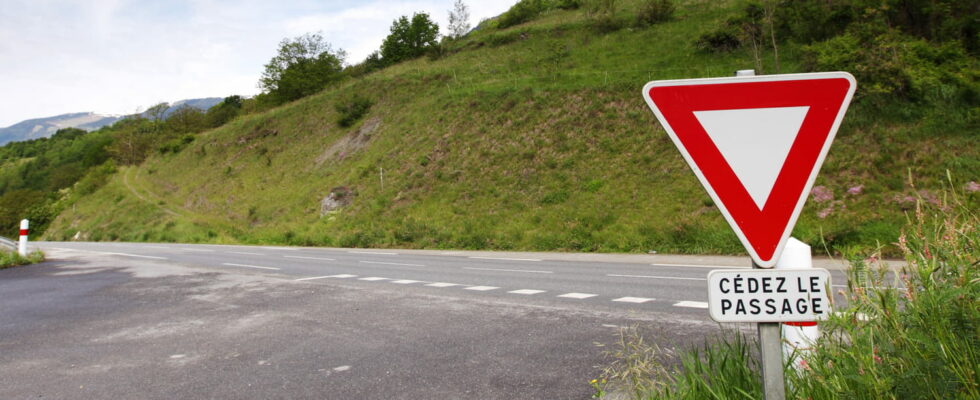The Highway Code is not always well known to motorists, particularly with regard to priority rules.
To regulate traffic, several rules concerning priorities are included in the Highway Code. STOP signs, give way, priority on the right and pedestrian crossings are among the most common priorities, those that we inevitably come across whenever we drive a few kilometers behind the wheel of our vehicle. They are necessary because they ensure the safety of road users, who for their part must respect these priorities or risk being fined by the police.
A situation arises much less frequently but nevertheless requires knowing how to react when it arises. On the road, he suddenly hears sirens and sees the lights of a rotating beacon in his mirrors. This is the prerogative of priority vehicles, such as those of the firefighters, the national and municipal police, the gendarmerie, the SAMU and the SMUR, the armed forces or the customs. Flashing lights and sirens clearly indicate that a vehicle is on an emergency mission. They alert other drivers, cyclists and pedestrians that there is a situation requiring rapid response. Faced with this sudden situation, it sometimes happens that you panic while driving because it is not always easy to know what behavior to adopt, especially when traffic is heavy.

Thus, many motorists do not always know how to react to the passage of emergency vehicles and this sometimes results in quite a mess on the road. The rules are quite simple, however. When a priority vehicle approaches, the driver is asked to let it pass so as not to waste time. This can be by pulling over to the side of the road, giving him space to pass between two lanes of traffic, giving him priority even if he is facing a red light, a STOP or a give way and even stop if necessary to allow him to overtake you more easily.
If in the heat of the moment you hesitate to know how to act without risking causing an accident, it is essential to know that in France the Highway Code clearly stipulates that users must give way to vehicles. priorities for intervention. Failure to do so is punishable by law.
Indeed, not facilitating the passage of priority vehicles can lead to a 4th class fine, which corresponds to the withdrawal of 4 points on the driving license and a fine of 135 euros. Beyond the risk of being heavily sanctioned, it is important to keep in mind that priority vehicles are often on urgent missions, sometimes to save lives. By giving them priority, you help reduce the time it takes for them to reach their destination, whether to respond to an accident, fire, or other critical situation.
